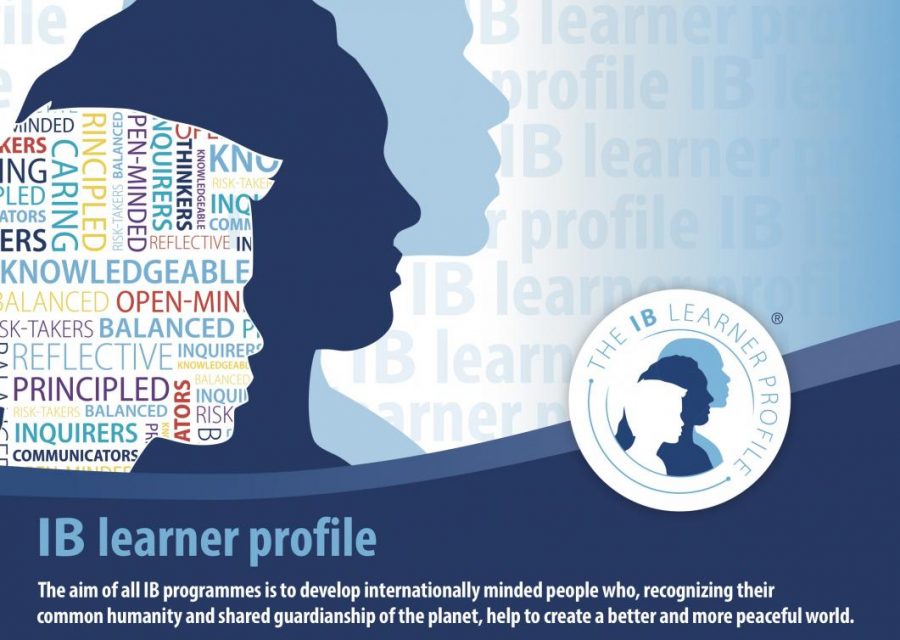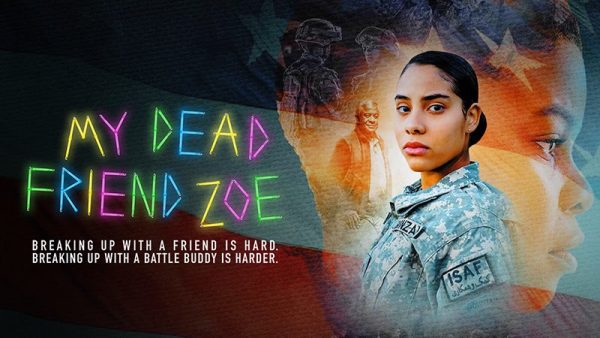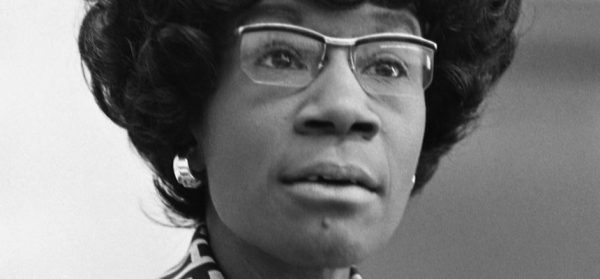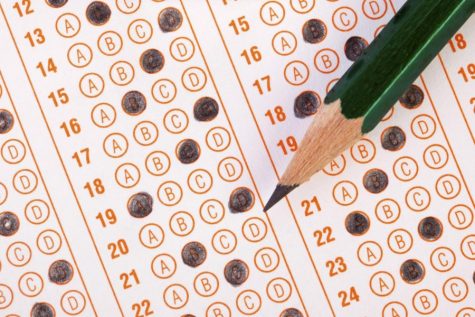Problem with IB learning: not fully explained to students

Nine times out of ten, I side with the iconoclastic point of view. But when dealing with the increased prevalence of new educational methods like International Baccalaureate in our schools, I have to side with the traditional way of education. While some may like you to believe these programs benefit our students, this is simply not true from any realistic perspective. Instead of hearing from the point of view of an administrator or a board member, let me explain to you, as a student who has to sit through and listen to these lessons day in and day out, exactly what’s wrong with this.
The first major problem that I have with the way IB is being implemented in our district may seem relatively simple, but it can still have a major impact. Since 2015, when we first began to move towards IB, nobody has ever managed to fully explain what IB is, what IB does, and what the benefits of it are to the student body. Almost every morning, students hear some random “IB learner profile” trait, and are told the definition. But what the district as a whole has failed to do is actually tell the students what it is. How will embodying these random traits actually help us as students? How specifically is it affecting our education? These questions are just a few of the many many pressing questions which the students of this district deserve to know, and need to know, for our move towards IB to be considered remotely successful. Imagine for a moment that the federal government announced it was funding a study into seeing if it was as easy to swim in syrup as it is in water, then told you that it was for your benefit but couldn’t or wouldn’t tell you how or why. The same way that the American public would rightfully demand to know how and why, the student body of this district has the right to know how and why IB will help.
While our district is not yet an IB district, we’re taking steps towards it, and beginning to implement the so-called “IB learner profile.” Included in this profile is several characteristics that are seen as ideal by the IB program, including being inquisitive, knowledgeable, and a thinker. Admittedly, the pursuit of all these characteristics are noble goals. However, the direction our district has decided to take their forced pursuit of these goals is simply not the right one. In recent years, we’ve taken great strides away from actually having teachers teach their content, and towards a new, downright pernicious approach- having students teach themselves the content, with the teachers there for little more than supervision. I’ve seen this first hand. In my classes, throughout the day in these three years since we began our push towards IB, teachers have simply stopped teaching entire lessons and units. Instead, they provide a few questions, a reading or equation sheet, and send you off to do work on your own. Now, let me be clear, I don’t see a need to have student’s spoon fed information. But that doesn’t mean it shouldn’t be taught. Just because students should be inquisitive doesn’t mean they don’t need information explained to them.
The issues with the IB middle years program which our district partakes in are not the only issues that we see with the educational methods of our district, and even our state. In the coming days and weeks, I will be writing a series of opinions discussing these issues and how they affect our students. I hope that you continue to read, and that you let me know your thoughts on these pressing educational issues in the comments section, either on the Examiner website or on Facebook.
Nick Lieggi is a freshman at Oxford College of Emory University and was a member of the PMHS class of 2020. He began his journalism career at the Pelham...












